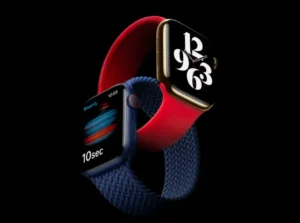iOS vs Android: Which One Reigns Supreme?
PUBLISHED
- January 28, 2023
- 2:20 pm
PUBLISHED
- January 28, 2023
- 2:20 pm
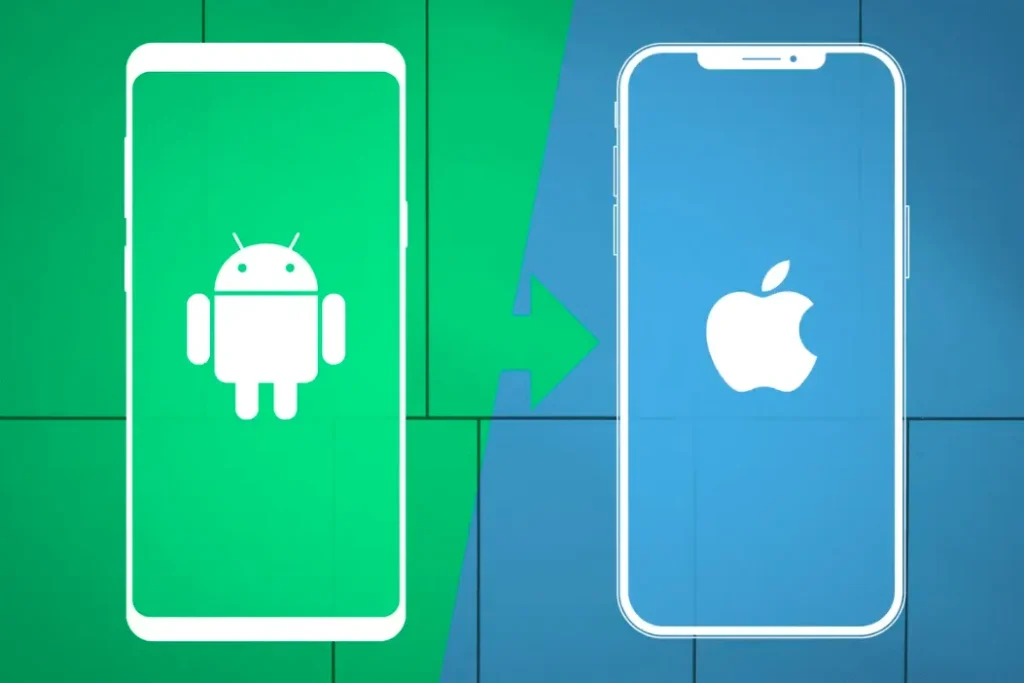
When it comes to choosing a smartphone, one of the biggest decisions you’ll make is whether to go with an iPhone running iOS or an Android device. Both operating systems have their own set of pros and cons, and the choice ultimately comes down to personal preference. In this article, we’re going to take a closer look at the two operating systems and compare them head-to-head to help you make an informed decision.
LIKE THIS
User Experience
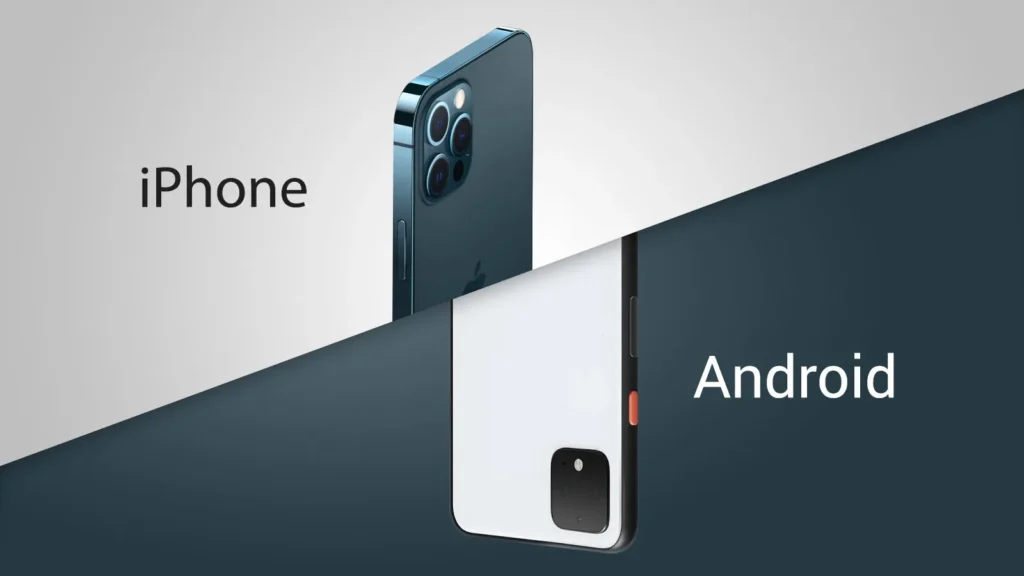

First off, let’s talk about the user experience. iOS is known for its clean and simple design, making it easy for even the most tech-phobic person to navigate. The interface is intuitive and straightforward, with everything right where you expect it to be. Android, on the other hand, offers more customization options, allowing users to make the operating system their own. This can be a plus for tech-savvy users who want to tweak and personalize their devices, but it can also be overwhelming for some.
When it comes to app selection, both iOS and Android offer a wide variety of apps, but there are some key differences. iOS apps are generally considered to be of higher quality, with more stringent app store guidelines and a more selective approval process. This means that you’re less likely to come across buggy or poorly-designed apps on the iOS App Store. Android apps, on the other hand, have fewer restrictions, which can lead to a wider variety of apps, but also more low-quality options.
Security
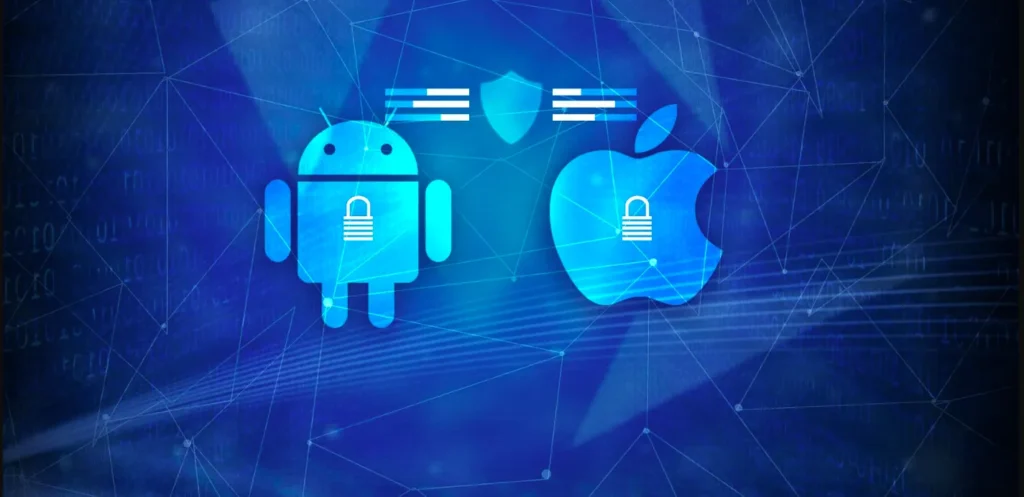

Another important factor to consider is security. iOS is known for its strong security features, with regular software updates and a closed system that makes it more difficult for hackers to access. Android, on the other hand, is more open, which can make it more vulnerable to security threats. However, many Android manufacturers have implemented their own security measures to help protect users.
When it comes to updates, iOS tends to have a more consistent and reliable update schedule. Apple releases updates for all of its devices at the same time, and the company has a good track record of providing regular software updates for its older devices. Android updates, on the other hand, can be more hit-or-miss. Many Android devices don’t receive regular updates, and it can take longer for manufacturers to release updates for their devices.
Pricing and Cost
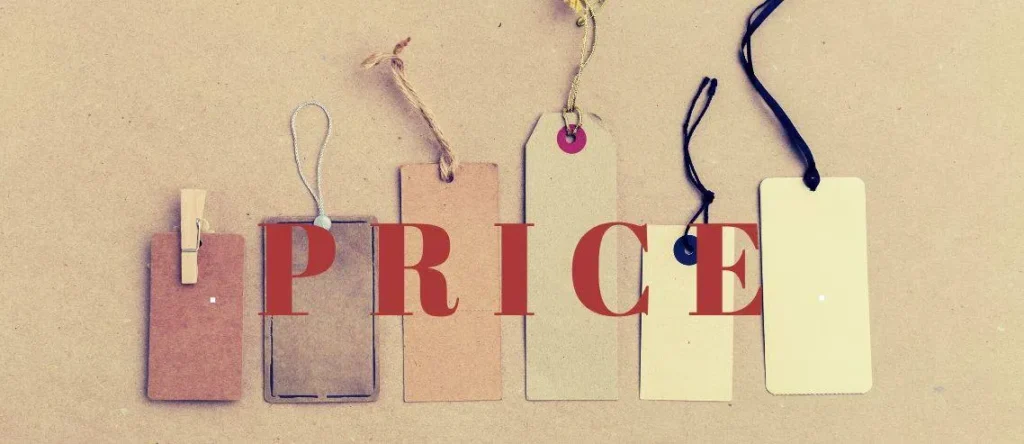

Another important aspect is the cost. iPhones tend to be more expensive than their Android counterparts, especially when it comes to the latest models. However, there are many high-quality Android devices that are available at a lower price point. It’s helpful to consider your budget when making your decision.
When it comes to camera and photography, both iOS and Android offer excellent cameras. iPhone cameras are known for their accuracy and color reproduction, while many Android devices offer more advanced features like manual controls and multiple lens options.
Making a Decision


Ultimately, the decision between iOS and Android comes down to personal preference. Both operating systems offer their own unique set of pros and cons, and the right choice for you will depend on your needs and priorities. If you want a simple, easy-to-use interface and high-quality apps, iOS might be the way to go. If you want more customization options and a wider variety of apps, Android might be the better choice.




